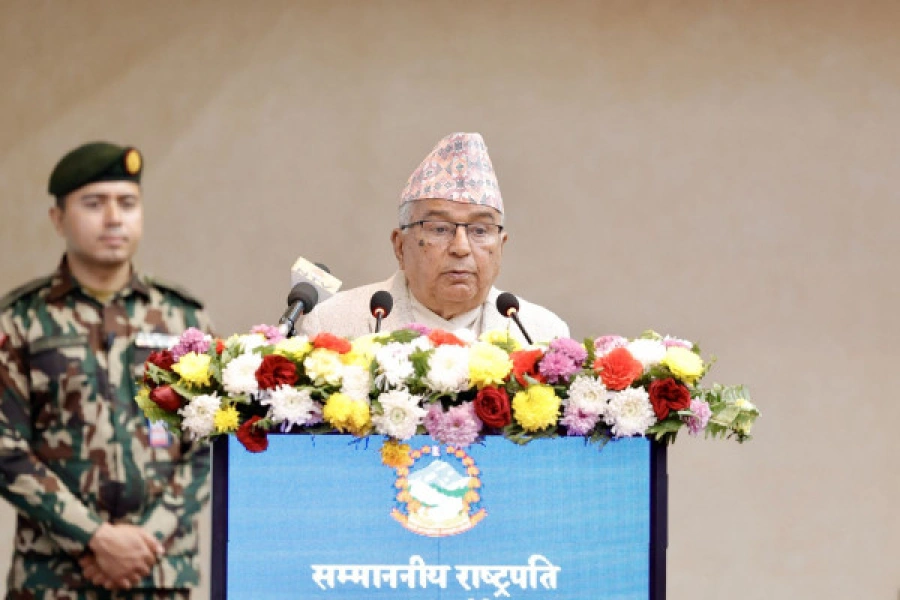Nepal’s Supreme Court has directed the government to make necessary arrangements to allow Nepali citizens living and working in foreign countries to vote in coming elections. Nepalis living in foreign countries will be entitled to choose their leaders back home in coming elections according to the existing domestic and international laws, if Supreme Court’s mandamus is implemented. This is a landmark verdict, which, if implemented properly, will allow a large number of Nepalis sustaining our economy by working in inhospitable conditions abroad to have their say in Nepali politics. The apex court has issued a six-point directive to the government authorities to guarantee voting rights for Nepalis living in various countries and working at various diplomatic missions or universities. It has also rightly directed the government to prepare a list of Nepalis who have not denounced their Nepali citizenship nor obtained citizenship in the countries they are living in. The verdict, as such, is welcome and deserves appreciation from Nepalis living both at home and abroad.
The court order is just because over four million Nepalis are estimated to be living in different parts of the world—a majority of them in the Gulf states and Malaysia. They work hard, send home billions of rupees in remittances to provide for health, education and livelihood of their families and sustain our otherwise failing economy. But since our election regulations require people to cast their votes only from their official place of residence, millions of such Nepalis had not been able to participate in the historic elections that completely changed the country’s political system. Most Nepalis living abroad are more concerned about political and economic situations back home. They follow the developments in Nepal closely and constantly and express worries and frustrations over worsening situations of the country on social media. A number of them have contributed to Nepal’s wellbeing though they are not physically present within the country. So when we allow them to vote, our election process will find greater participation and greater public legitimacy.
Desperate search for missing girls as nearly 80 dead in Texas f...

Be that as it may, implementing the court order might be tricky and complicated in the immediate run. First, the government will have to introduce a separate bill to that effect in the parliament and then enact a law. Then it will have to collect the data of Nepalis living outside the country—who are scattered across the world. And then it will have to verify that they have not acquired the citizenships of the foreign countries. Collecting this data should not be a big issue in this digital age but it might still take time. Besides, how will the government provide logistics support to facilitate voting process during the elections? These issues will surely emerge, which is why the government, in coordination with Election Commission, must start doing homework from today. The court has asked the government to explore various alternatives to allow the people living in foreign countries to vote. Many other countries have adopted this system. Government of India has decided to allow Non-Resident Indians to vote from overseas. The United States allows the overseas voters to cast ballot after filling in a Federal Post Card Application. The UK allows its overseas voters to cast postal vote or delegate someone else to cast a proxy vote. Nepal should not be an exception when it comes to allowing greater participation of its citizens in elections. Such policy will further enrich and broaden our democracy. If the government starts preparations right away, our brothers and sisters living abroad will be able to exercise their voting rights right from the next election.





































